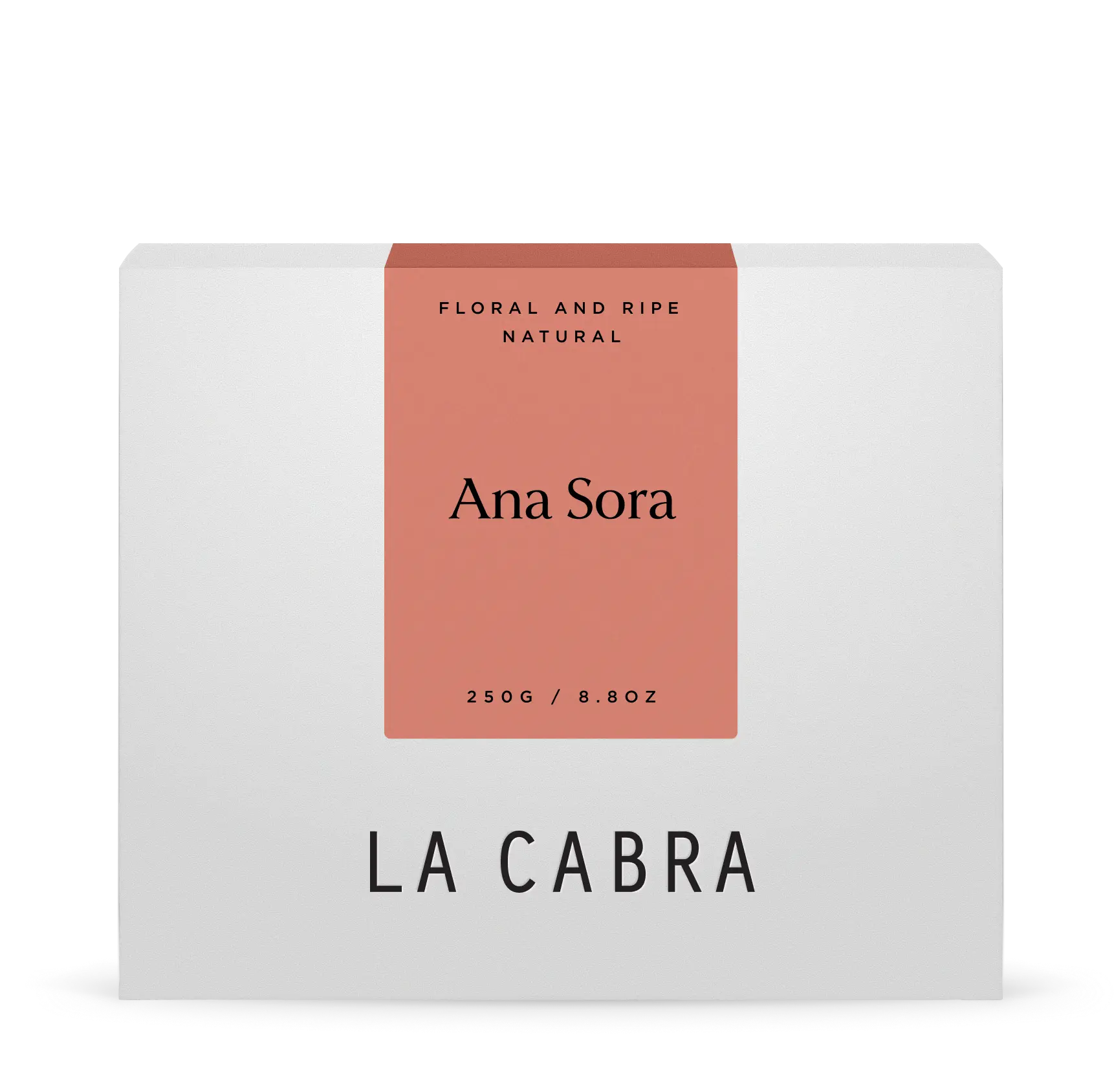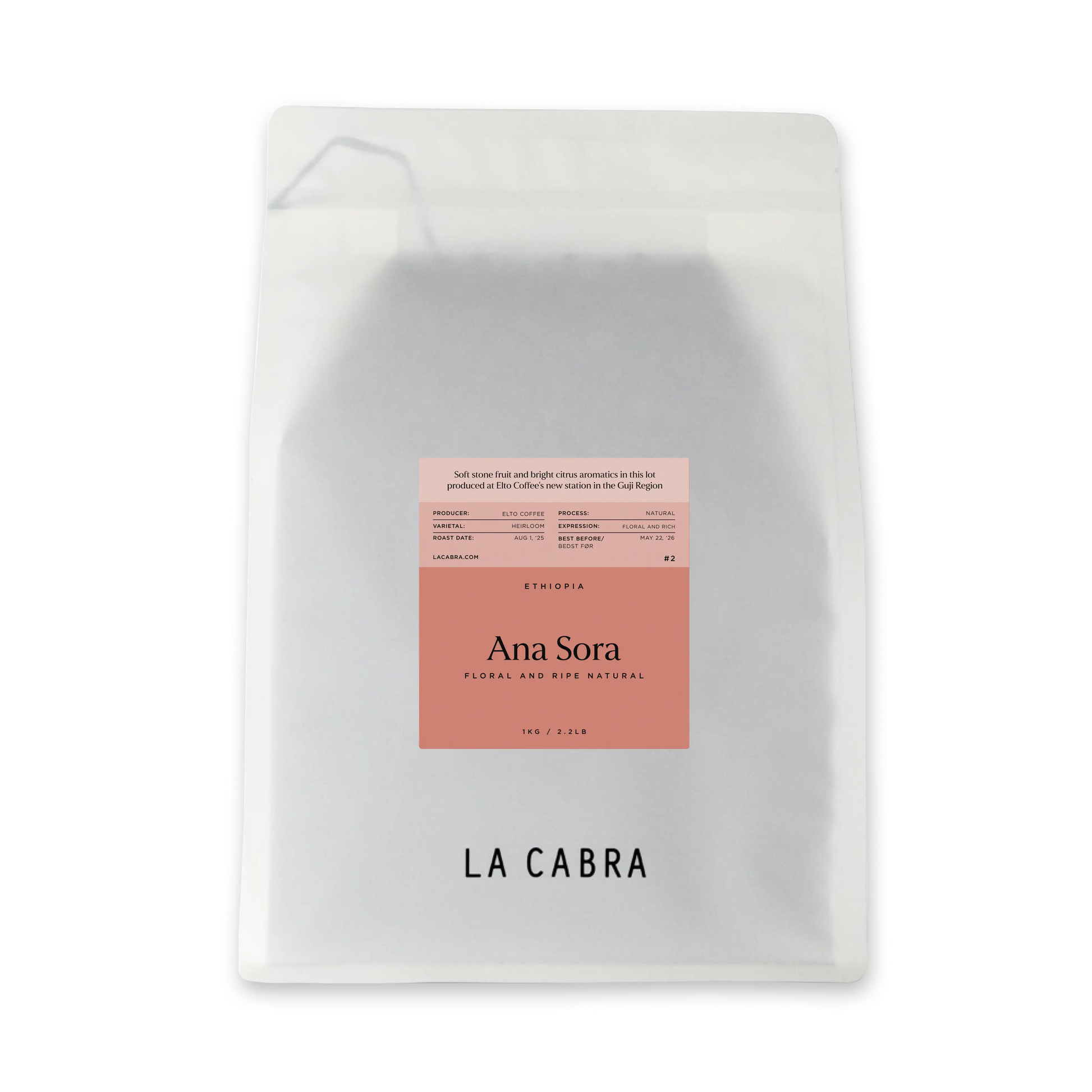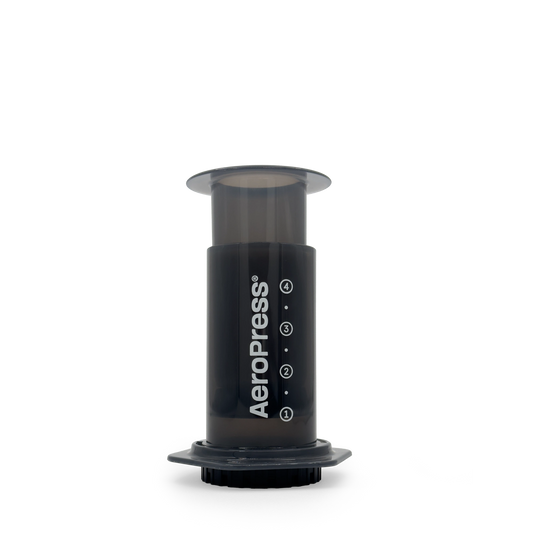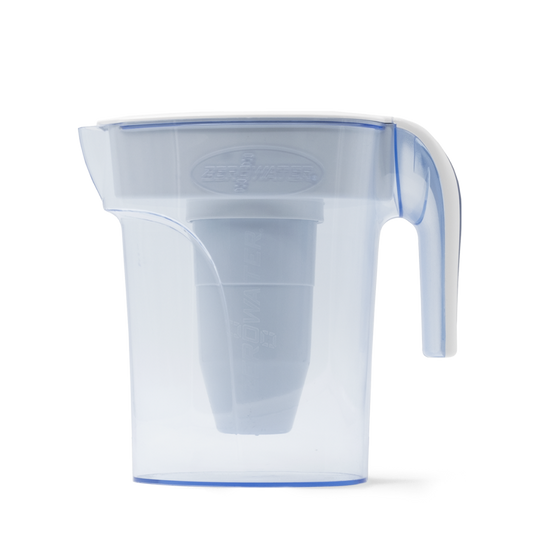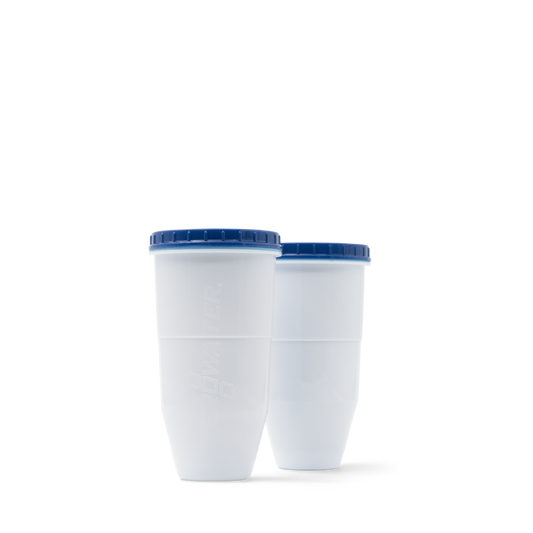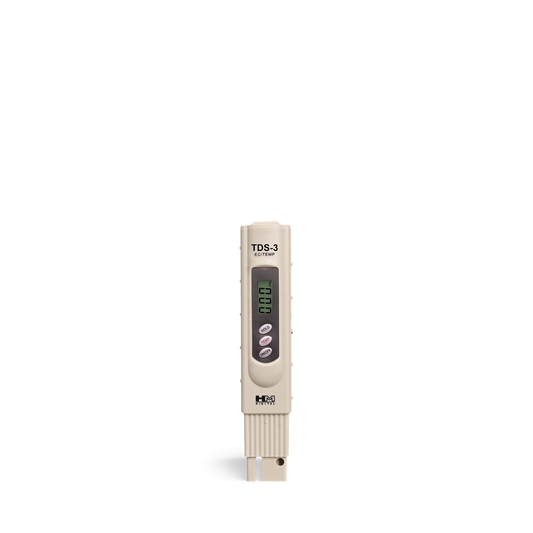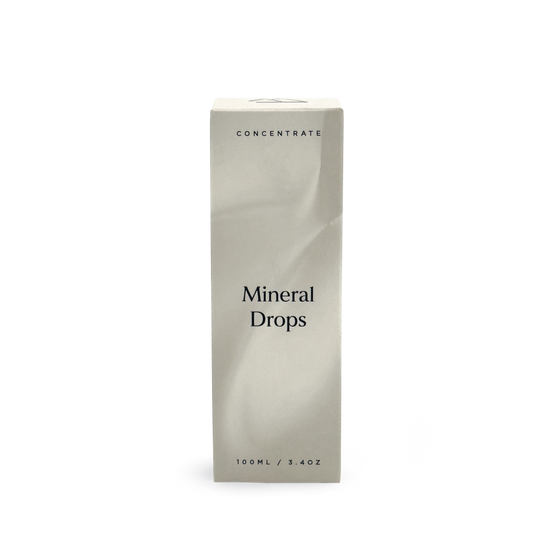

Elto Coffee
This lot was produced by the team at Elto Coffee. Elto is run by Atiklit Dejene and Eliyas Dukamo, both with experience at the highest level of Ethiopian coffee. Atiklit studied agriculture before working as processing manager for Gesha Village and then for Daye Bensa, while she also managed Daye Bensa’s lab. Eliyas comes from a business background, having grown up in Bensa, been part of founding Daye Bensa, and working as operations manager there for many years. A formidable skillset, they founded Elto in 2022, naming the company with the Sidama word for ‘abundant passion’. They live up to this moniker in every sense.
During our visit this year, we witnessed Atiklit and Eliyas’ genuine passion for coffee and for quality, as well as for the coffee industry and the needs of each single client. Known for their bespoke processing and their bespoke nano-lots, Elto are aiming for a new level of Ethiopian quality. We are excited to follow along in their journey, and hold our communications with them open.

Ana Sora
This specific lot was produced at Elto’s Ana Sora station, in the first harvest since they took over ownership last year. Harvest this year was early and bountiful, with a great rush of cherries arriving early in the season, from November to December of 2024. This allowed a great deal of experimentation and pressure testing Elto’s systems at the new station, resulting in a myriad of high end lots. The potential for quality here is high, with a location in the some of the best known areas of Guji, close to the coffee centre of Adola, at altitudes which stretch above 2300 masl. Elto’s exacting level of quality control throughout the process, from selection and drying, to storage and milling, mean that this natural lot from Ana Sora has a clean profile of stone fruit, underpinning complex citrus aromatics.

Ethiopia
In Ethiopia, coffee still grows semi-wild, and in some cases completely wild. Apart from some regions of neighbouring South Sudan, Ethiopia is the only country in which coffee is found growing in this way, due to its status as the genetic birthplace of arabica coffee. This means in many regions, small producers still harvest cherries from wild coffee trees growing in high altitude humid forests, especially around Ethiopia’s famous Great Rift Valley.
-v1751620425687.jpg?1200x800)
Forest coffee makes up a great deal of Ethiopia’s yearly output, so this is a hugely important method of production, and part of what makes Ethiopian coffee so unique. Deforestation is threatening many of coffee’s iconic homes in Ethiopia, leading to dwindling yields and loss of biodiversity; significant price fluctuations over the past decade have led many farmers to replace coffee with fast growing eucalyptus, an incredibly demanding crop in terms of both water and nutrient usage.

Throughout these endemic systems, a much higher level of biodiversity is maintained than in modern coffee production in much of the rest of the world. This is partly due to the forest system, and partly down to the genetic diversity of the coffee plants themselves. There are thousands of ‘heirloom’ varieties growing in Ethiopia; all descended from wild cross pollination between species derived from the original Arabica trees.
This biodiversity leads to hardier coffee plants, which don’t need to be artificially fertilised. This means that 95% of coffee production in Ethiopia is organic, although most small farmers and mills can’t afford to pay for certification, so can’t label their coffee as such. The absence of monoculture in the Ethiopian coffee lands also means plants are much less susceptible to the decimating effects of diseases such as leaf rust that have ripped through other producing countries.
Maintaining these systems is important, both within the context of the coffee industry, and for wider biodiversity and sustainability.



